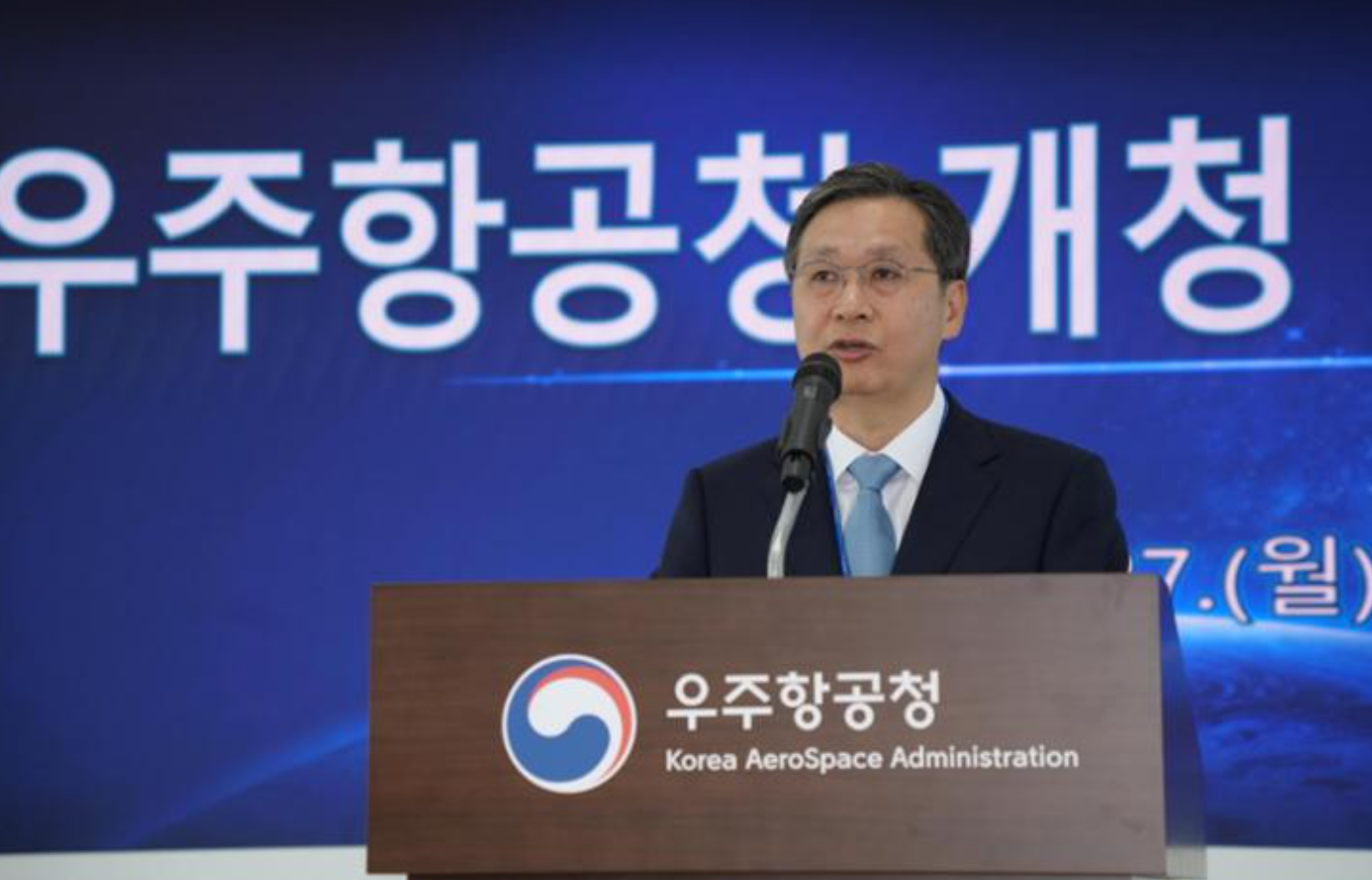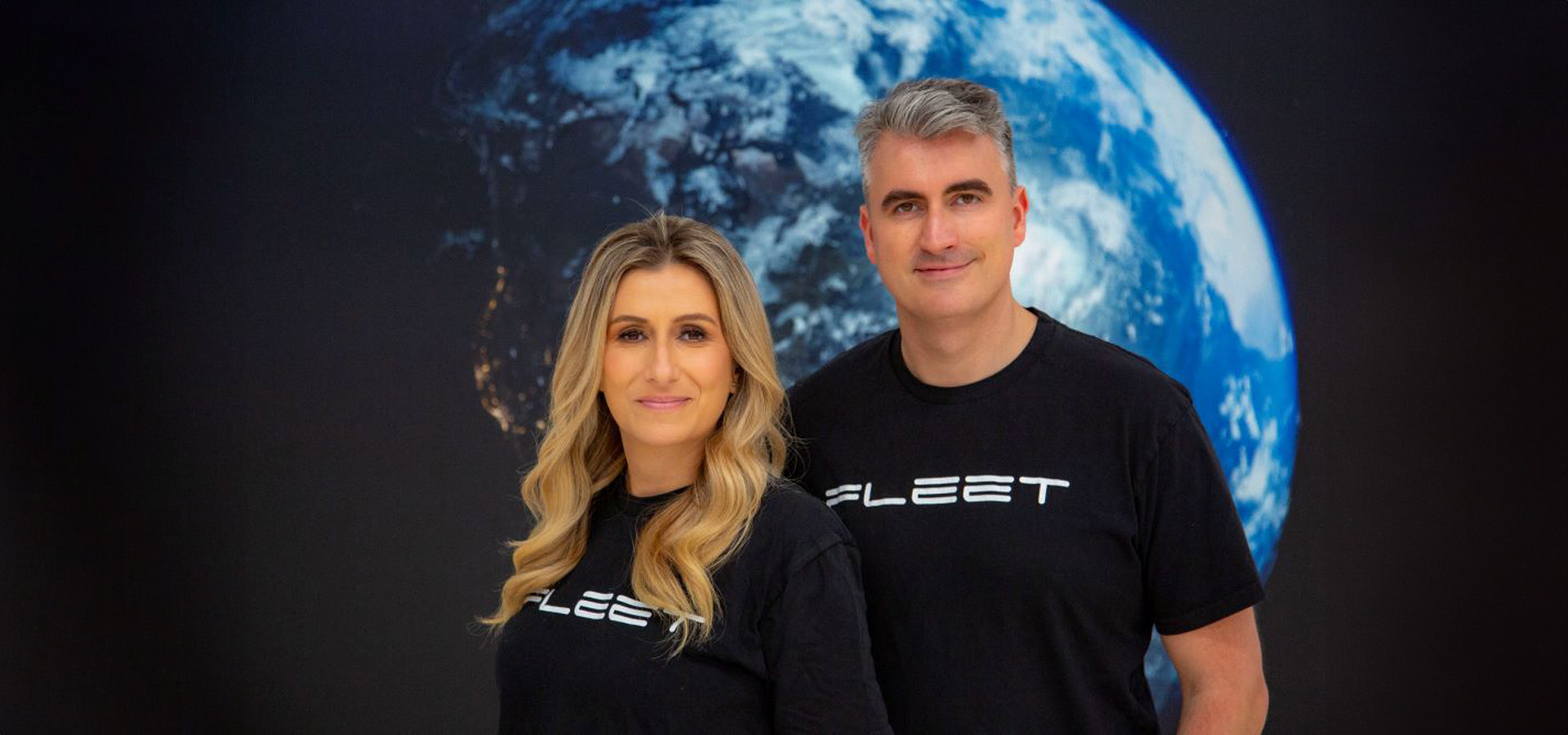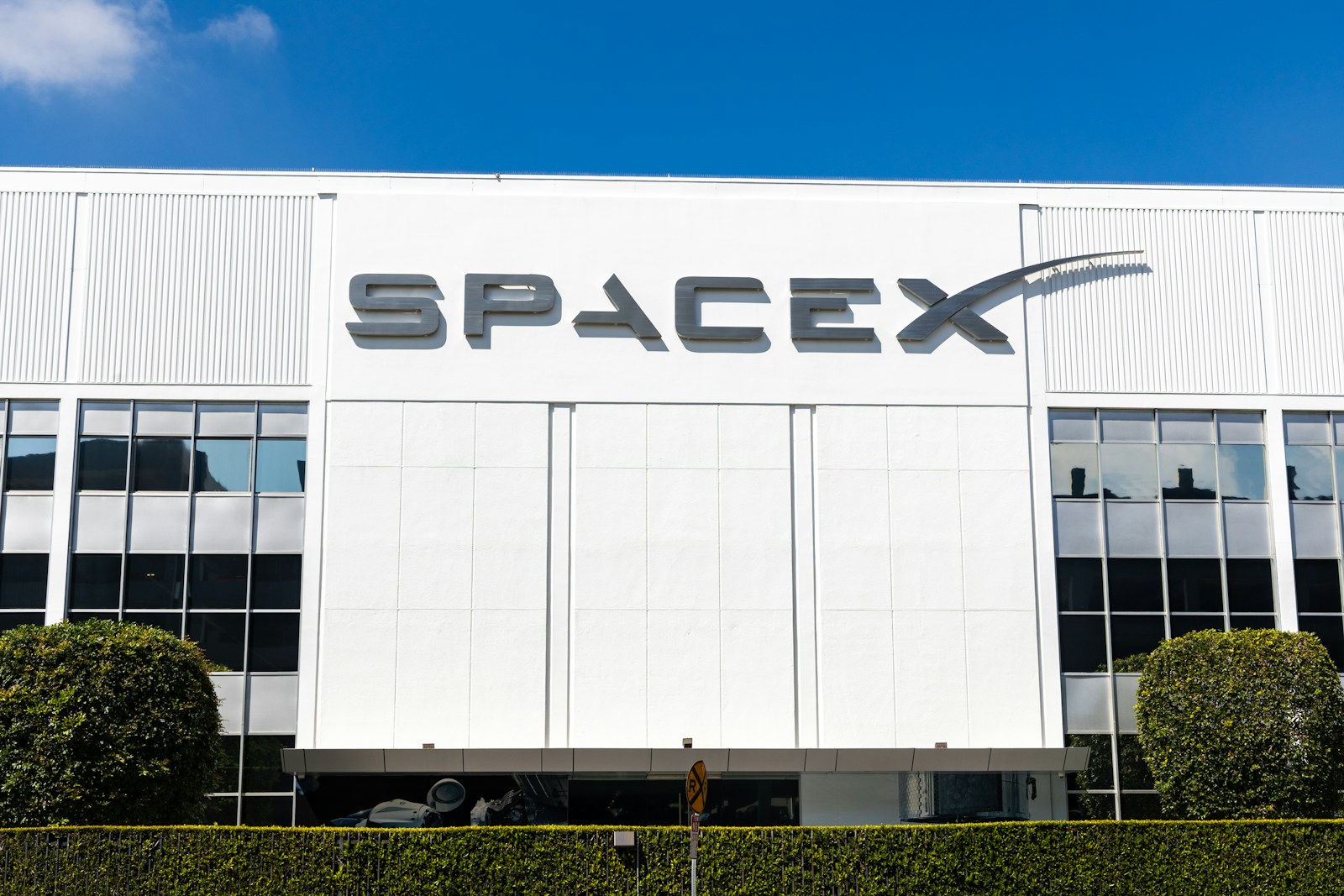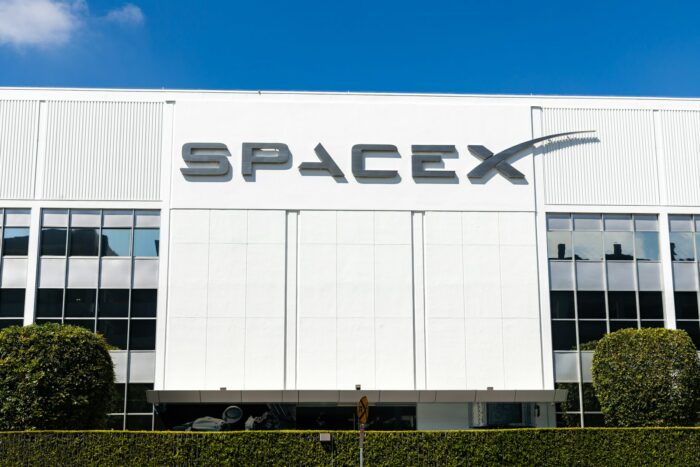Insider Brief:
- South Korea launched the Korea AeroSpace Administration (KASA), aiming to become a global space powerhouse.
- Established under a special law passed in January, KASA unifies government organizations responsible for space policy and projects.
- Based in Sacheon, South Gyeongsang Province, KASA has an annual budget of 758.9 billion won ($556 million) and will grow from its current 110 employees to 293.
- The government’s 2024 Space Development Promotion Action Plan outlines five major missions: space exploration, transportation, industry, security, and science.
South Korea launched the Korea AeroSpace Administration (KASA) on Monday, aiming to become a global space powerhouse, according to The Korea Times. Established under a special law passed in January, KASA unifies government organizations responsible for space policy and projects.
“I am happy that we were able to finally open KASA, which has been a dream of countless people in the aerospace sector, and I feel both excitement and a heavy responsibility,” Yoon Young-bin, administrator of KASA, said on his first day on the job. “The establishment of KASA will be an important stepping stone in leading Korea to become a full-fledged space economy powerhouse through the creation of a private-led space industry ecosystem.”
Based in Sacheon, South Gyeongsang Province, KASA has an annual budget of 758.9 billion won ($556 million) and will grow from its current 110 employees to 293. The government’s 2024 Space Development Promotion Action Plan outlines five major missions: space exploration, transportation, industry, security, and science.
KASA’s roadmap includes promoting reusable launch vehicles, developing a national GPS, and launching a lunar lander by 2032. Additionally, it aims to enter the commercial launch service market by designing and developing engines. During the opening ceremony, the KASA administrator emphasized the importance of creating a cohesive team from diverse backgrounds and outlined four key roles: establishing national aviation policies, spearheading research and development, fostering industry growth, and enhancing international cooperation.
Yoon stated that roles will be assigned at the appropriate time and place to maximize each individual’s abilities and capabilities. He stressed that KASA’s function is akin to that of an orchestra conductor, ensuring that everyone’s expertise leads to solid results. Yoon compared the organization to a four-legged chair, noting that just as the legs must be balanced and harmonized for the chair to stand upright, KASA’s effectiveness depends on the balance and harmony of its departments.
He highlighted that KASA comprises individuals from various agencies and ministries, and that creating an environment of mutual respect and inclusion among staff with diverse backgrounds and experiences is essential. Additionally, Yoon affirmed the importance of securing ample budgets and making bold investments in key areas to propel Korea toward leadership in the space industry.
“Although Korea has entered the world’s top seven space powers, there is still a huge gap between the first and sixth places,” he said. “We need to present clear mid- and long-term space development goals and visions, secure sufficient budgets to support them and make bold investments in strategic areas.”
Featured image: Yoon Young-bin, administrator of the Korea AeroSpace Administration (KASA), speaks during a meeting with employees on the opening day of the space agency at its headquarters in Sacheon, South Gyeongsang Province, Monday. Credit: Ministry of Science and ICT
Share this article:










